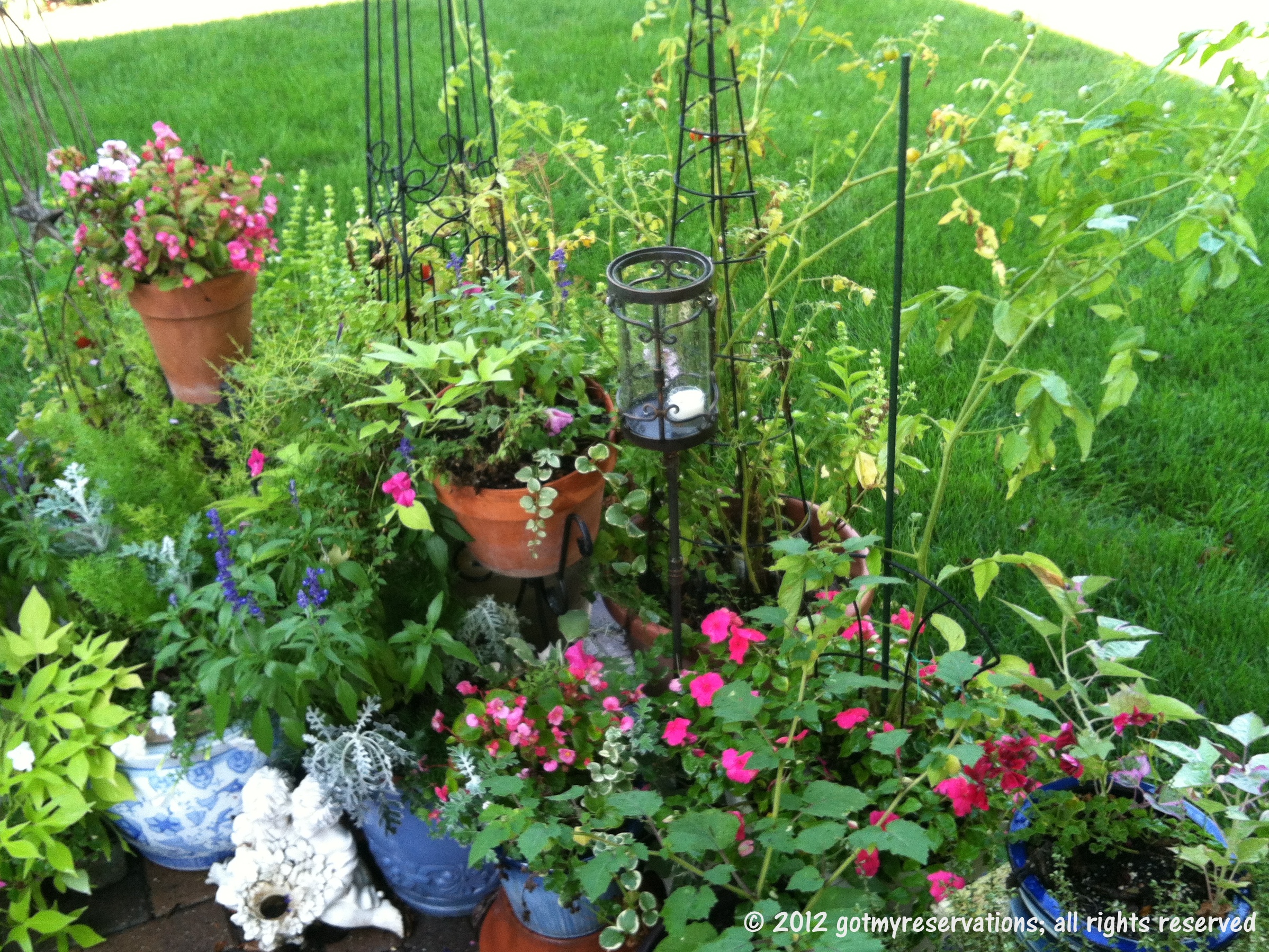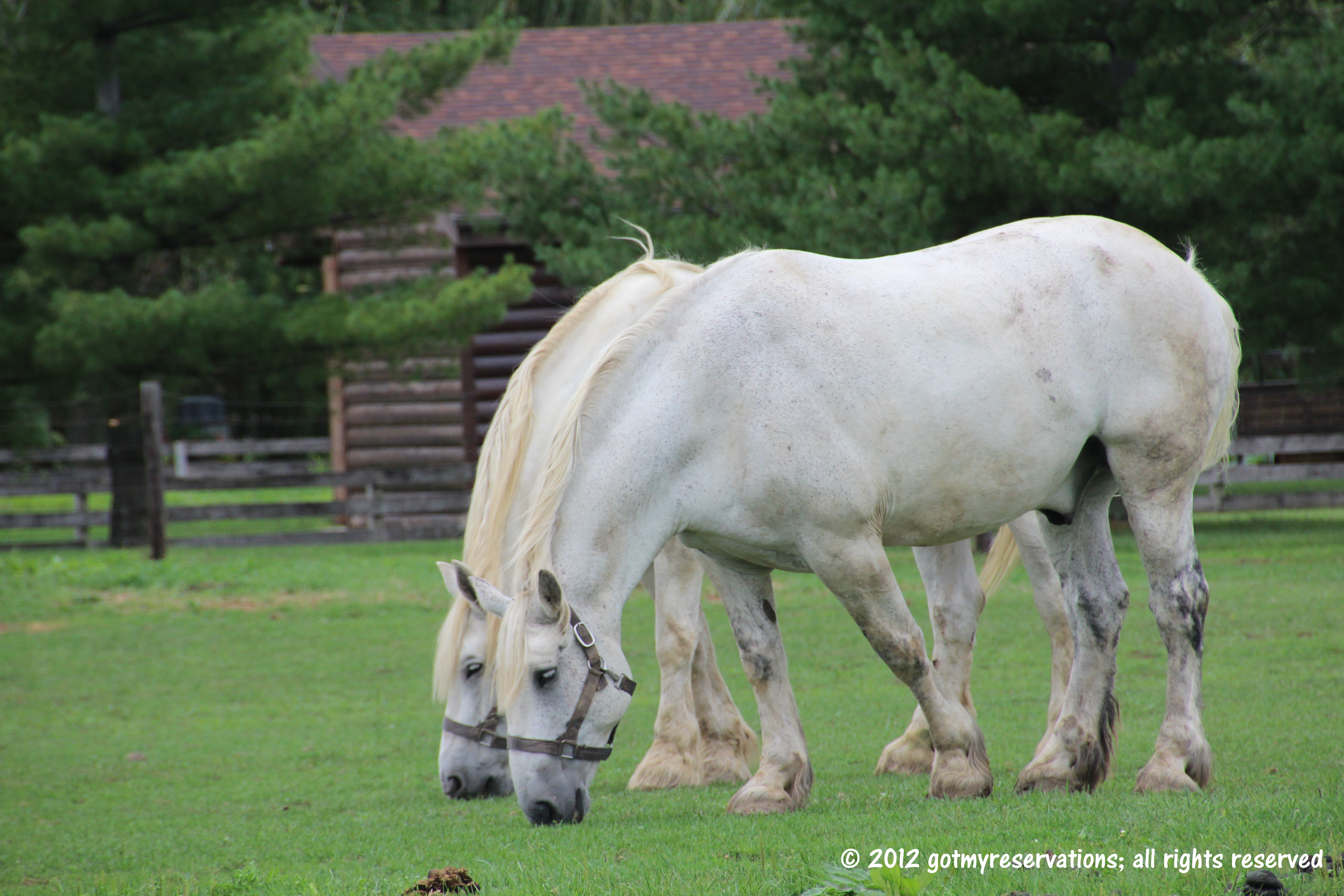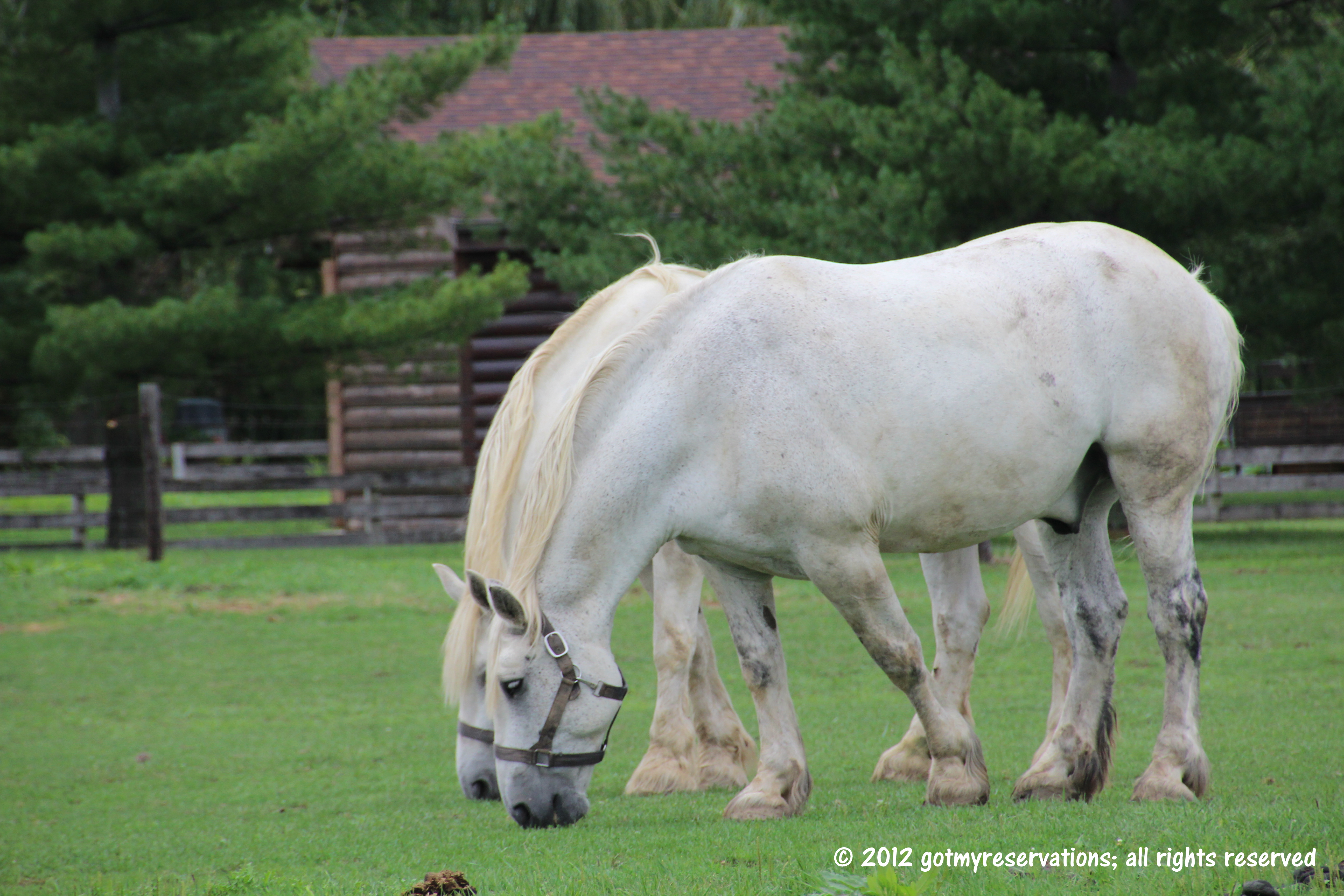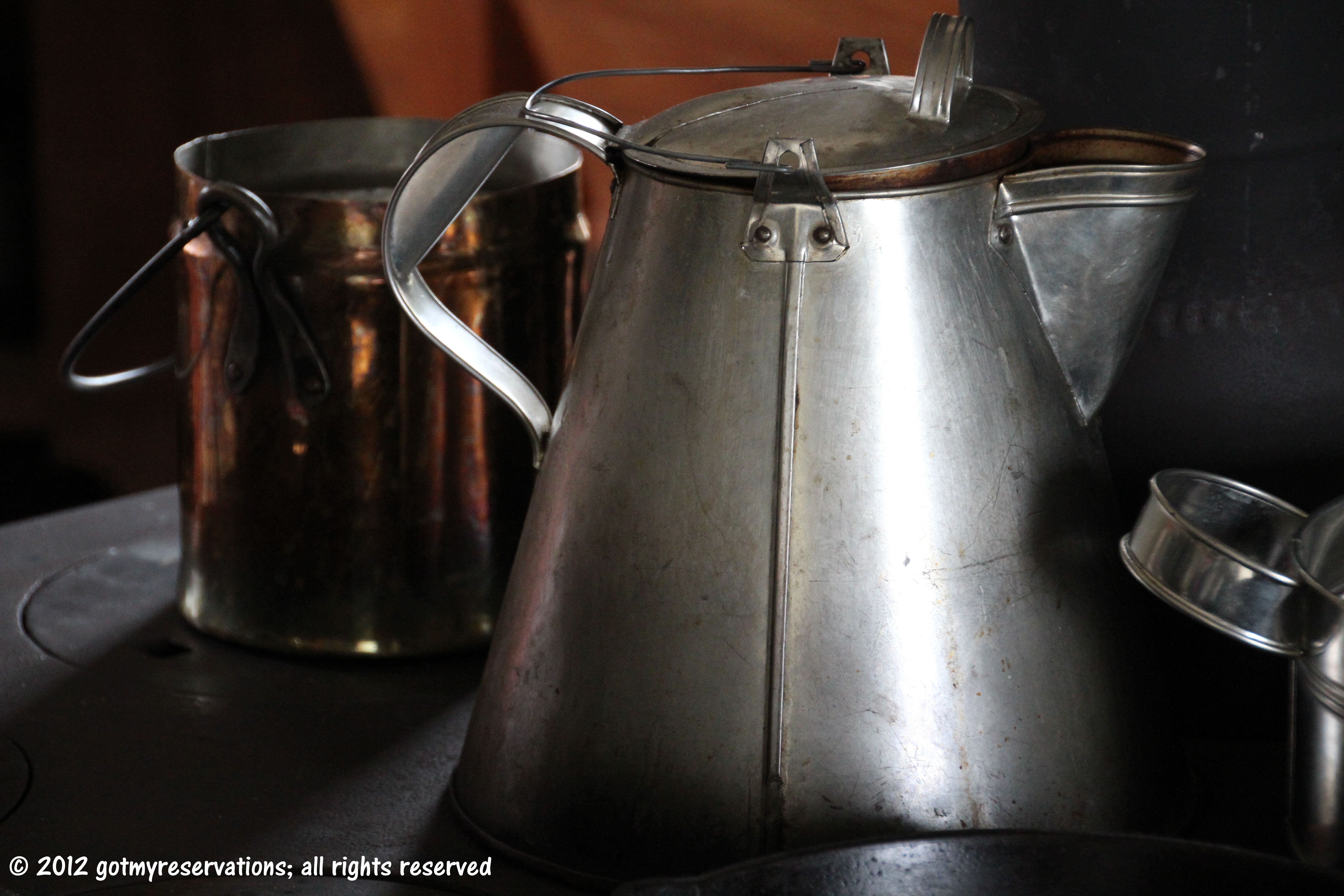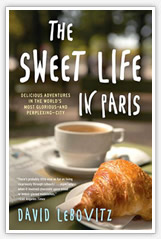 I’m linking up with Mama Kat again this week. As usual, the prompt pretty much jumped off the page at me as something I needed to say.
I’m linking up with Mama Kat again this week. As usual, the prompt pretty much jumped off the page at me as something I needed to say.
Prompt: Share something your child taught YOU about parenting.
I think I was a late bloomer when it came to understanding that my children had something to teach me about parenting and about adult relationships in general. I’ll admit it; I’m kind of a control freak. I generally feel that I have figured out the best way to do something, and I am also happy to share my opinion of YOUR problem. I know for sure that my general bossiness has sometimes been detrimental to relationships in my life — and I’m sorry about that.
My understanding of what my children had to teach me probably started about the time my daughter was sixteen and has built since then. At her ripe old age of twenty-seven, I understand fully, but I don’t always perfectly apply the concept. After all, I AM the mom, as the saying goes.
So what is the lesson I’ve so painfully learned?
The lesson is that most of the time, my kids don’t want me to solve their problems; they just want to vent their feelings.
That’s a difficult lesson for a mother to learn because we spend their childhoods fixing boo boos, protecting our precious ones from bad guys, and keeping them safe in the world. We know best, not them. The transition to allowing them to know best is difficult, but obviously is a rite of passage that we all go through in our path to adulthood.
Apparently I’m not the only one who has trouble with this; does the term helicopter parent ring a bell?
In a lifetime of teaching, I have seen too many children who were crippled by their inability to make choices and solve their own problems. Parents stepped in much too early and never allowed the children to build the skills that lead to resiliency.
I’m sure you’ve read the parenting material on this; it has been everywhere in the media. The problem starts in the elementary school and is even reported in the workplace. Parents are not allowing children to grow up and become responsible for themselves.
It’s a tough job, but someone’s gotta do it. It’s the job we signed up for when we became parents.
When my daughter calls in tears because she doesn’t feel well and still has to maintain her commitments, I sympathize, but I don’t generally offer to drive the 30 miles to her house to bring her cough syrup. After all, there is a store right across the street that delivers. Usually she doesn’t really want me to give her medicine; she wants me to listen.
When a relationship is rocky, she needs me to listen to her complain. Without offering a solution. I’m not the one in the relationship, she is, and she’s the one who will figure out how to fix it or how to go on. She just needs me to listen; sometimes talking through a problem will also bring about a solution.
When a situation at work is not going as planned, a story about a similar situation in my life is probably not going to help. I just need to shut up and LISTEN.
The wonderful thing about learning to just listen to one’s children rather than trying to fix things for them is that it allows an adult relationship to grow between you and your child. Hopefully, I’ve laid a groundwork for success that allows them to take control, own their own problem, and fix it themselves.
I’m not perfect at being a good listener, but I know what I SHOULD do.
I learned that lesson from the children in my life, both my own son and daughter and the thousands of sons and daughters of other parents that I’ve worked with over the years. Just listen and let them learn to fix it themselves.
I’m eager to see what other lessons my friends at Mama Kat’s write about. I hope that you’ll check them out as well.








